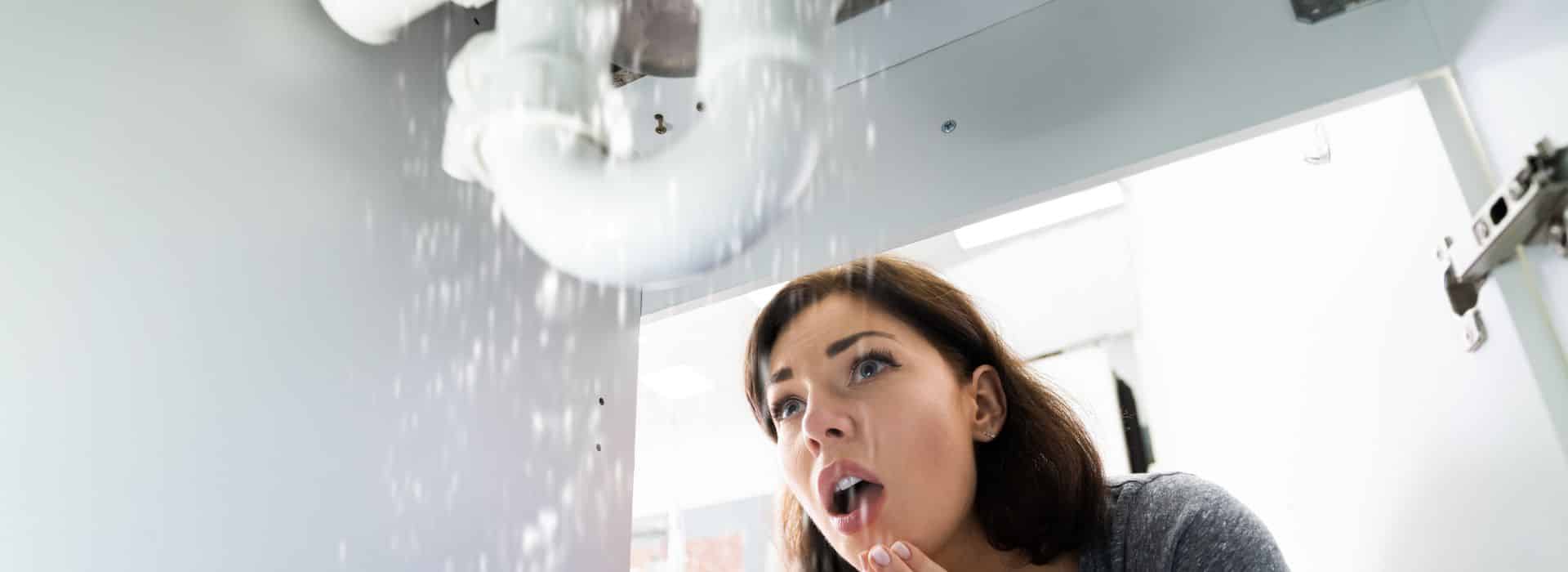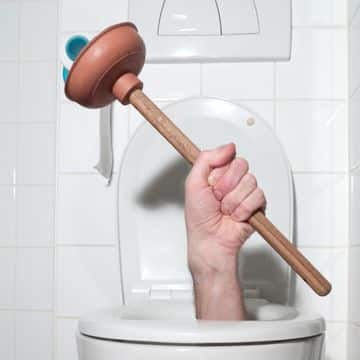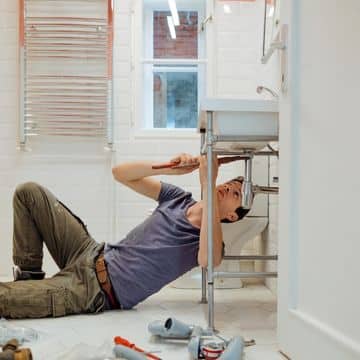Can You Put Coffee Grounds Down the Sink?
- Seattle, Wa
Should Coffee Grounds Go Down The Garbage Disposal?
For coffee lovers, the morning cup of joe is sacred. After brewing your cup of coffee, have you ever wondered what to do with the leftover grounds? The common thought is that it’s okay to flush it down the kitchen sink. Unfortunately, the disposal of coffee grounds can be an expensive lesson, especially if you’re in Seattle, Washington, where plumbing issues can be a hassle. In this blog post, we’ll discuss the effects of coffee grounds on your sink and plumbing system.
Drain Break Down
Coffee grounds are one of the most common causes of clogged drains. When you’re washing away coffee grounds down the sink, it may seem like it moves through the drain, but it’s only temporary. Over time, the grounds will accumulate in the drain and become a problem. Coffee grounds do not break down easily like other types of small debris, which leads to clogs that can cause water backups, unpleasant smells, and overall system breakdown. Oftentimes, coffee grounds and other debris build up in the drainpipe, leading to a difficult and costly repair.
Aside from the buildup in the drainpipe, coffee grounds can also damage the garbage disposal. Coffee grounds may seem small, but they’re solid enough to cause harm to the disposal blades. The hardness of coffee grounds can cause a blockage on the blades, which can lead to overheating, failure, or damage. It’s important to note that pour oils, such as vegetable or coconut, are also not healthy for your garbage disposal. Oils can solidify the blades and cause excess buildup in pipes, which can lead to significant and costly plumbing repairs.
Where Should You Put Coffee Grounds?
Instead of pouring coffee grounds down the drain, consider disposing of them elsewhere. It’s best practice to put coffee grounds in the compost bin or landfill, rather than dealing with the ramifications of clogged sinks or failed garbage disposals. For avid coffee drinkers that make coffee every day, using the same sink over time with coffee grounds is asking for trouble. This doesn’t mean that you can’t use the sink at all, merely that it’s best to minimize the frequency with which you use the sink for the disposal of coffee grounds.
Contact Us Today!
In summary, it’s best to avoid putting coffee grounds down the sink to prevent plumbing problems. Instead, opt for composting, throwing them in the trash, or using eco-friendly options to reduce waste. If you do accidentally dispose of coffee grounds down the sink, take immediate action to prevent blockages and seek the help of a professional plumber if needed. With proper care and maintenance, your plumbing system can remain in good working condition for years to come. If you have any questions about what’s best for your specific needs please consult with one of our qualified estimators at Wezee’s Plumbing. We have been servicing Seattle and its surrounding areas for over 14 years.


























